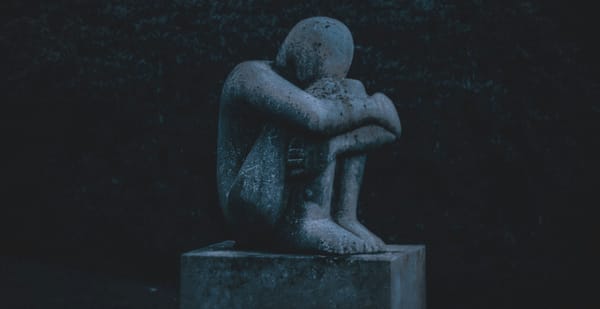Juneteenth and Black Mental Health: Healing, History, and Hope

More Than a Celebration
Juneteenth marks the official end of slavery in the United States. It is a day of freedom, resilience, and cultural pride. But for many Black Americans, it is also a moment of reflection. The trauma of slavery did not vanish in 1865. Its emotional impact continues today through generational pain, systemic inequality, and the ongoing fight for mental wellness.
This day is not only about what was gained in the past. It is also about what still needs to be healed in the present.
In this article, we explore the connection between Juneteenth and mental health in the Black community. We will look at how history has shaped emotional realities, the barriers many face in finding mental health care, and how healing can happen through both community support and new tools like AI therapy.
Because real freedom is not only physical. It is also emotional, mental, and deeply personal.
Black Mental Health Matters | Phillip J. Roundtree | TEDxWilmington
The Lingering Effects of Generational Trauma
The end of slavery did not mark the end of suffering for Black Americans. Instead, it marked the beginning of a long and painful transition filled with new forms of oppression. From segregation and redlining to police violence and economic exclusion, the systems built after emancipation continued to harm Black communities in ways that left deep emotional scars.
This pain is not just historical. It is passed down. Generational trauma refers to the transmission of emotional wounds across time. It means the fear, grief, and stress experienced by one generation can be felt by the next, even when it is never spoken aloud. Scientific studies now show that trauma can influence both mental health and biological stress responses across generations.
In many Black families, survival has been the focus. There was no time or space to process the pain. Silence became protection. Strength became a mask. But unaddressed trauma does not disappear. It shows up in higher rates of anxiety, depression, post traumatic stress, and chronic stress related health problems.
Healing begins by acknowledging that this trauma exists. Juneteenth provides an opportunity to do that. It is a day to remember not only what was taken, but what must now be restored, safety, rest, and emotional well-being.
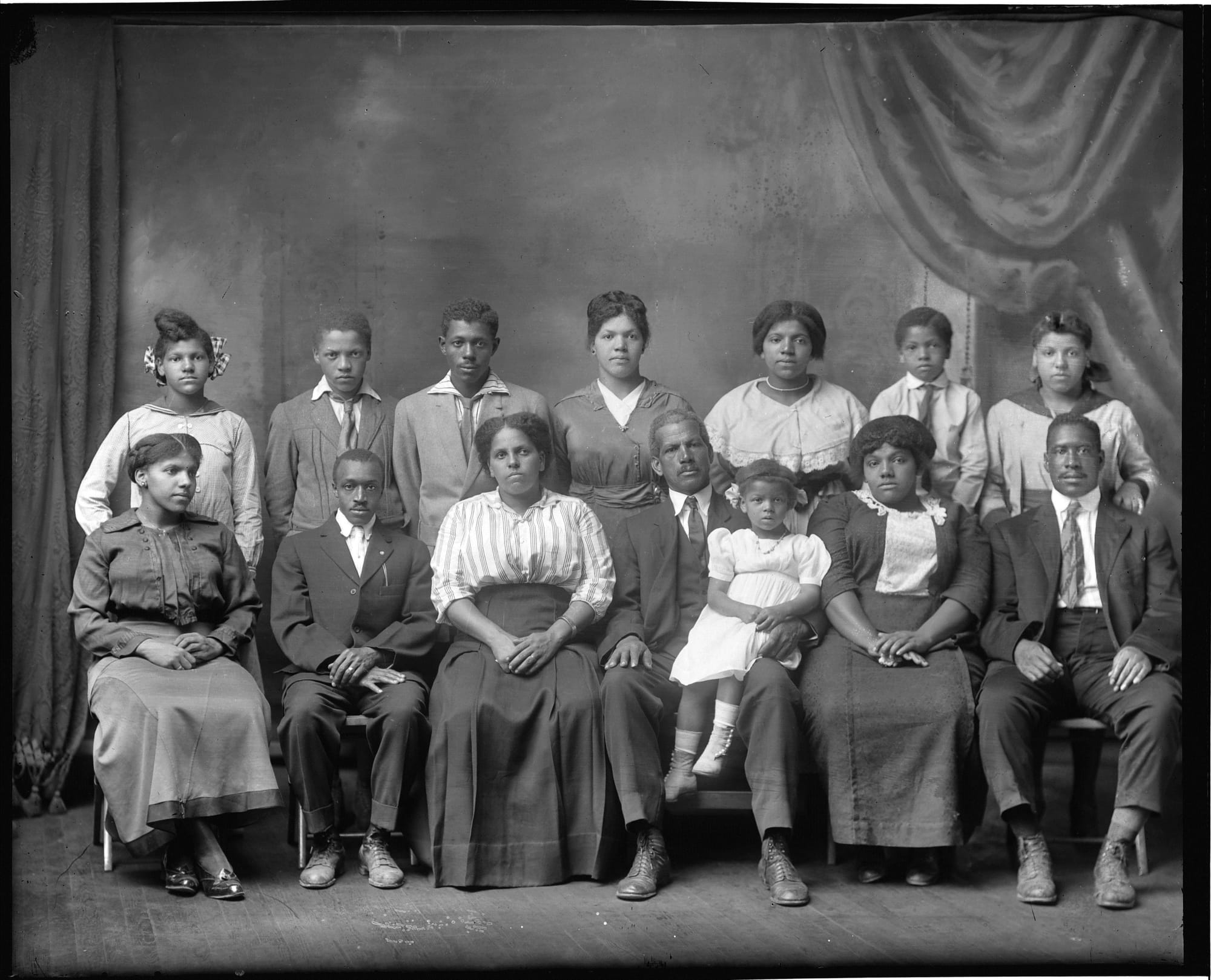
The Stigma Around Mental Health in Black Communities
For generations, many Black individuals have been taught to be strong at all costs. Strength was necessary for survival in a world that often treated Black lives as less valuable. But that same strength has sometimes made it harder to speak openly about emotional pain.
Mental health challenges are often misunderstood or dismissed in Black communities. Some people are told to pray it away. Others are warned not to air private struggles outside the family. Seeking therapy can be seen as weakness or something only white people do. These messages, passed down over time, have created a deep stigma that keeps many people from reaching out for help.
This stigma is not just cultural. It is also rooted in fear and mistrust. The medical system in the United States has a long history of mistreating Black patients, from forced sterilizations to unethical experiments. That history has led to a justified lack of trust in healthcare providers, including mental health professionals.
At the same time, the lack of Black therapists means many people do not see themselves reflected in the field. When you cannot find someone who understands your background and culture, it becomes even harder to open up.
Breaking the stigma starts with honest conversations. It starts with creating space where people can say, I am not okay, and still be met with respect, support, and care. Healing cannot happen in silence. It begins with the freedom to speak.
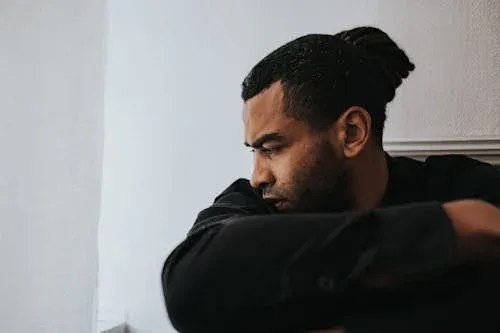
Therapy Gaps and the Lack of Cultural Competence
Even when Black individuals are ready to seek help, finding the right kind of support can be difficult. The mental health system in the United States is not designed with everyone in mind. Many people encounter long wait times, high costs, and therapists who do not understand their background or experience.
Cultural competence in therapy means more than avoiding bias. It means having a deep awareness of how culture, race, and identity shape someone’s emotional life. It means understanding that trauma can come from daily micro aggressions, generational pain, and systemic exclusion. It means listening without judgment, and without forcing someone to explain the basics of their reality.
Unfortunately, the majority of therapists in the United States are not trained to provide this level of care. Many are unfamiliar with the cultural dynamics that shape Black mental health. Some even unintentionally cause harm by downplaying racism or misinterpreting emotional expression through a white-centered lens.
The lack of Black therapists makes the problem worse. While representation is not the only solution, it does matter. Studies show that Black patients often feel more comfortable and more seen when working with a therapist who shares their cultural background.
Until the system changes, many Black Americans are left navigating this gap on their own. They are forced to choose between silence or support that does not feel safe. This is why alternative options, from peer-led spaces to culturally aware digital tools, are so important.
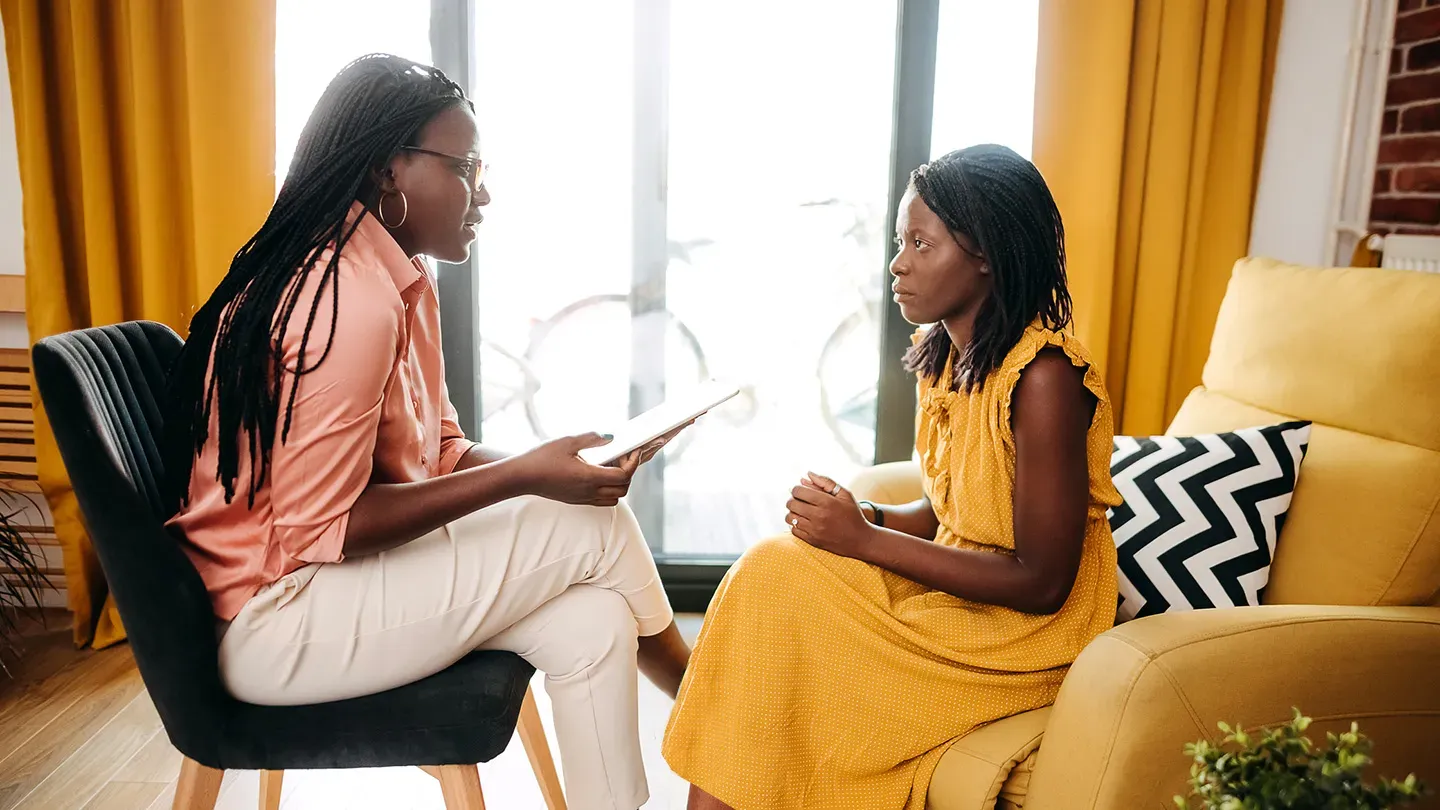
New Paths to Healing: From Community to Technology
Despite the challenges, healing is happening. Across the country, Black communities are creating new ways to care for mental health — ways that feel safe, culturally rooted, and accessible.
Community healing spaces are growing. These include group therapy led by Black facilitators, wellness collectives, church-based mental health programs, and peer support circles. These spaces offer something many people have never experienced before: the ability to speak openly without needing to explain or defend their pain.
At the same time, technology is opening new doors. Online therapy platforms, mental health apps, and AI-powered tools are helping people find support in more private and affordable ways. These tools can reduce stigma, especially for those who are not yet ready to see a therapist face to face.
For example, tools like Aitherapy allow users to talk through their thoughts in a judgment-free environment. It is not a replacement for human connection, but it can be a meaningful first step. Especially for those who have felt silenced or unseen, having a space to process feelings, even with an AI, can make a real difference.
Healing does not look the same for everyone. What matters is creating more options that respect the lived experience of Black individuals and meet people where they are, whether that is in a community center, a church, or on a smartphone in the middle of the night.

Honoring Juneteenth by Prioritizing Mental Freedom
Juneteenth is a celebration of freedom, but freedom is not just about laws. It is also about how we feel inside. It is about being able to rest without guilt, to speak without fear, and to seek care without shame.
For too long, mental health in the Black community has been overlooked, pushed aside, or treated as a luxury. But true liberation must include emotional wellness. It must include space to grieve, to reflect, to heal, and to grow.
Honoring Juneteenth means remembering the cost of survival — and choosing something more for the future. It means saying that being well is not selfish, it is necessary. It means creating room for rest, therapy, joy, and vulnerability.
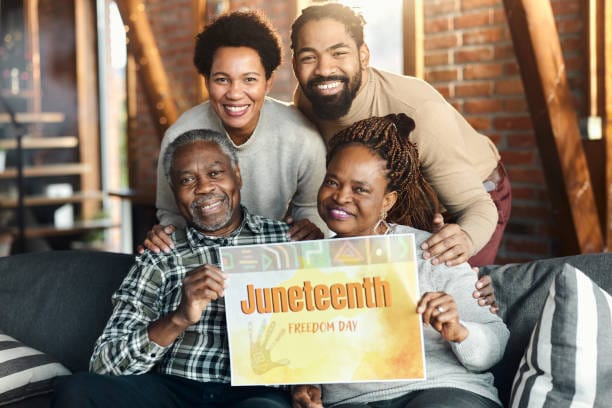
Whether healing begins in a trusted conversation, a community gathering, or a quiet moment with a mental health app, every step matters. Freedom is not a destination. It is a practice. It is something we build together by showing up for ourselves and for each other.
If you are carrying more than you can hold, let this be your reminder. You do not have to carry it alone.
Have you talked with Aitherapy yet?




